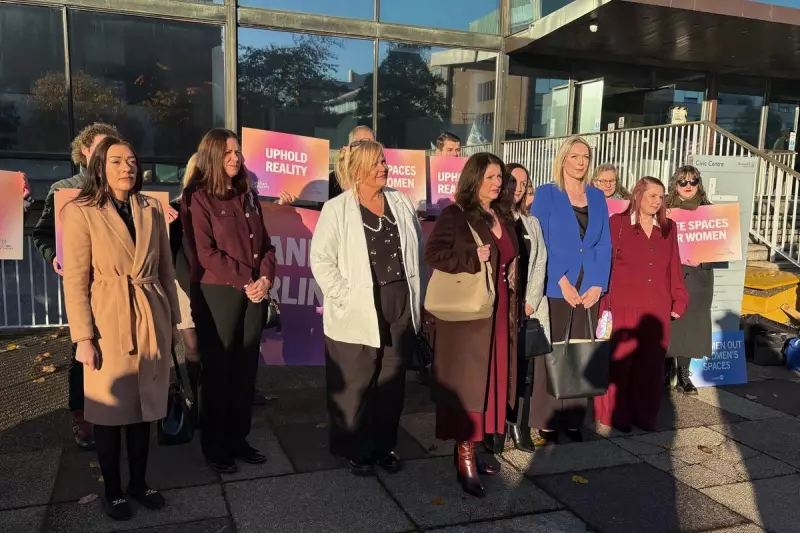
Startling new research has uncovered a profound trust crisis gripping communities across North East England, with residents of County Durham, Newcastle, and Middlesbrough expressing some of the lowest levels of confidence in the UK government nationwide.
The comprehensive study, which surveyed attitudes across multiple regions, reveals a worrying disconnect between Westminster and these northern communities. The findings suggest a growing sentiment that political institutions are failing to address local concerns and priorities.
The Trust Deficit Deepens
Analysis of the data shows that trust levels in these areas have reached concerning lows, with many residents feeling increasingly disconnected from decision-makers in London. The research points to several potential factors driving this trend, including perceived neglect of regional issues and economic disparities.
One researcher involved in the study noted, "The consistency of distrust across these neighbouring areas is particularly striking. It suggests systemic issues in the relationship between central government and these communities that require urgent attention."
Regional Implications
The trust gap has significant implications for policy implementation and community engagement throughout the North East. When citizens lack faith in governing institutions, it can affect everything from public health initiatives to economic development strategies.
Local community leaders have expressed concern about the findings, with some calling for greater regional autonomy and more direct involvement in decision-making processes that affect their areas.
As one Middlesbrough resident commented, "We often feel like decisions are made hundreds of miles away by people who don't understand our community's unique challenges and opportunities."
Looking Forward
The research highlights the pressing need for bridge-building initiatives and improved communication between government representatives and these communities. Rebuilding trust will require demonstrated commitment to addressing local priorities and creating meaningful dialogue.
Experts suggest that without concerted efforts to address this trust deficit, the gap between these communities and central government may continue to widen, potentially affecting social cohesion and effective governance in the long term.





